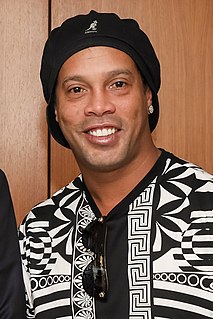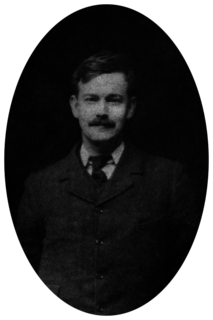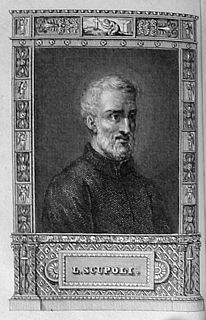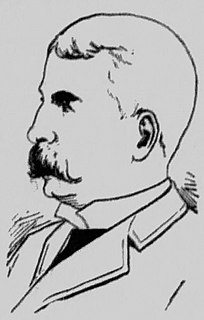A Quote by Robert Baden-Powell
The Scoutmaster who is a hero to his boys holds a powerful lever to their development but at the same time brings a great responsibility on himself. They are quick enough to see the smallest characteristic about him, whether it be a virtue or a vice.
Related Quotes
With Aquaman I worked with such talented guys, Ivan Reis and Joe Prado. And he's a great character. I mean, Aquaman's a great character, he just hasn't been positioned in a role of importance in a long, long time. We tried to do that in this series; give him this platform because he deserves it, and give a very different perception of Aquaman while at the same time staying true to who the character is. Showing his power level, his fortitude, his sense of honor and commitment and responsibility, and hopefully showing everything that makes a hero a hero.
If what was said in the Ethics is true, that the happy life is the life according to virtue lived without impediment, and that virtue is a mean, then the life which is in a mean, and in a mean attainable by every one, must be the best. And the same principles of virtue and vice are characteristic of cities and of constitutions; for the constitution is in a figure the life of the city.
... if a man prays God for some virtue, and at the same time gives himself up to negligence, acquiring no definite means to gain this virtue, and making no effort towards it, truly this man tempts God, rather than prays. Thus the divine James says: 'The effectual prayer of a righteous man avails much' (Jms. 5:16). What avails to make prayer effective? is when, besides begging a saint to pray for him about something, the man also prays about it himself and with all diligence does everything necessary for obtaining his request.
For here we are so blind and foolish that we never seek God until he, of his goodness, shows himself to us. It is when we do see something of him by his grace that we are stirred by that same grace to seek him, and with earnest longing to see still more of his blessedness. So I saw him and sought him; I had him and wanted him. It seems to me that this is and should be an experience common to us all.
Praise, help, or even a look, may be enough to interrupt him, or destroy the activity. It seems a strange thing to say, but this can happen even if the child merely becomes aware of being watched. After all, we too sometimes feel unable to go on working if someone comes to see what we are doing. The great principle which brings success to the teacher is this: as soon as concentration has begun, act as if the child does not exist. Naturally, one can see what he is doing with a quick glance, but without his being aware of it.
The Scoutmaster guides the boy in the spirit of an older brother... He has simply to be a boy-man, that is: (1) He must have the boy spirit in him: and must be able to place himself in the right plane with his boys as a first step. (2) He must realise the needs, outlooks and desires of the different ages of boy life. (3) He must deal with the individual boy rather than with the mass. (4) He then needs to promote a corporate spirit among his individuals to gain the best results.




































